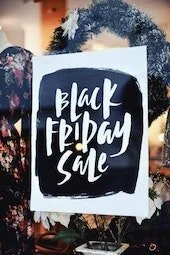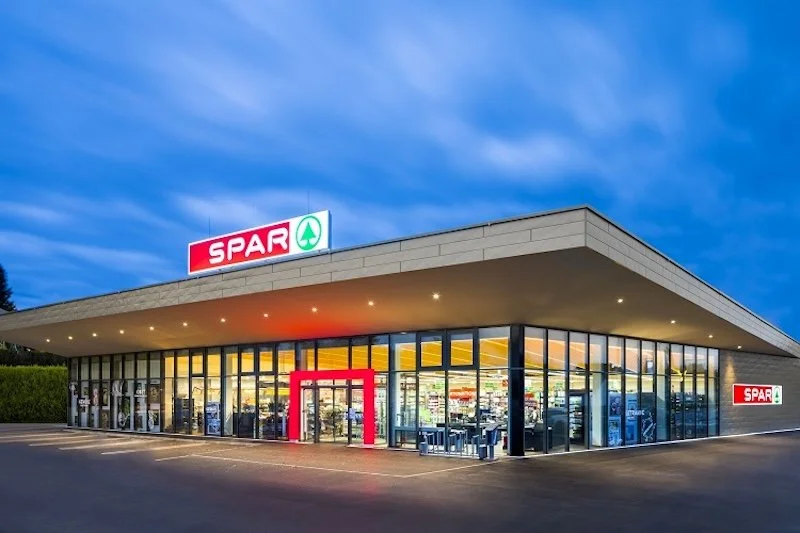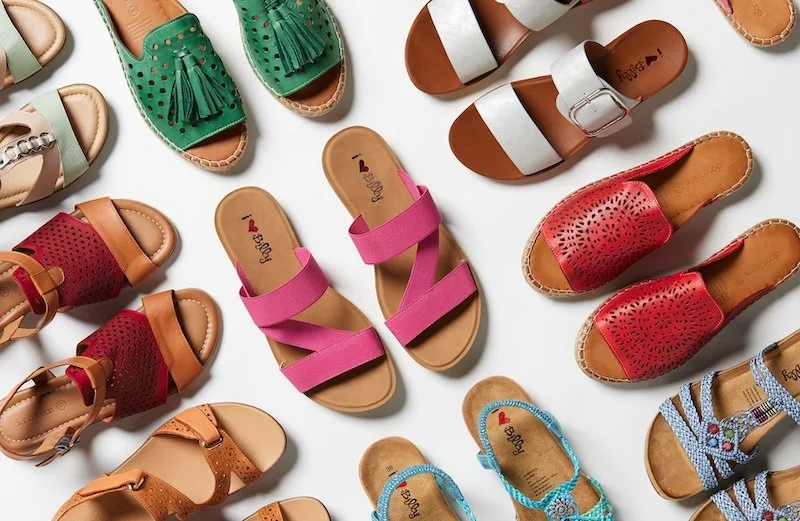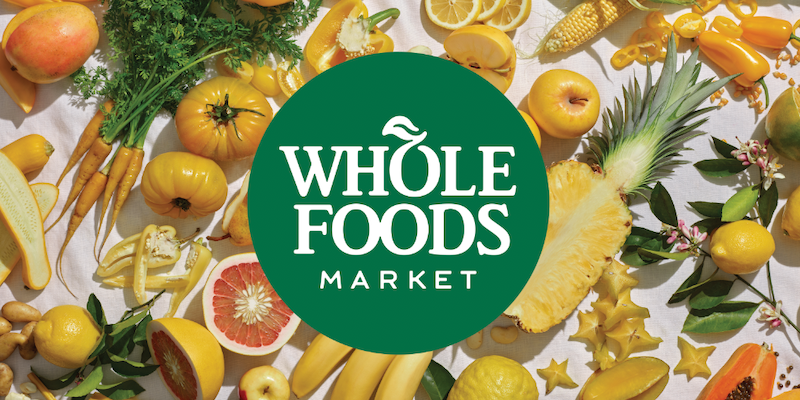What will Black Friday 2021 look like?
Black Friday under lockdown can sound like the worst nightmare of every retailer. However, shoppers have turned to their favourite websites. Black Friday is an online affair in 2020.
Retailers are happy to see that lockdown isn’t hindering sales or profits. Many brands have started their Black Friday campaigns as early as possible to drive shoppers not in-store, but directly onto their websites.
As a result, UK online retailers have recorded sales growth up to 61% during the first week of November, the first week of the second lockdown. This year, retailers are also encouraging shoppers to start their Christmas purchase early.
The positive response seems to imply that consumers are aware of the potential challenges that could affect Christmas deliveries. Many brands are experiencing overwhelming volumes ahead of Black Friday and Cyber Monday, allowing retailers to make the most of the deal periods while avoiding massive backlogs and delays in December.
This is Black Friday in a Covid world. But what will Black Friday in a post-Brexit environment look like in 2021?
Will there be the same UK retailers?
The pandemic has claimed many high street brands as retailers have been struggling to survive the first lockdown.
The second lockdown is putting more businesses at risk, according to the British Chambers of Commerce. Indeed, many high street shops have already experienced shrinking footfall as a response to the pandemic.
Bricks and mortar stores and especially shopping centres have been hit hard. As such, we can expect a post-Brexit, post-pandemic Black Friday to miss several well-known brands.
The Edinburgh Woolen Mill Group is fighting for survival with a notice to appoint administrators in October 2020. The group also owns Peacocks and Jaeger brands.
DW Sports went into administration in August with 75 retail shops in the UK. Harveys, the second largest furniture retailer in the UK, went into administration in June. With a long list of brands struggling, it’s fair to say that Black Friday 2021 will have a significantly smaller high street footfall for lack of shops.
Will brands with EU headquarters stay?
British shoppers will be faced with a deserted high street. Additionally, many retailers are likely to leave the UK in the event of unsuccessful Brexit negotiations. Brands such as Zara, H&M, Mango, for instance, could relocate to their EU headquarters.
Indeed, those that need to sort out transport to UK warehouse and retail addresses may face increased tariffs and added shipping documentation in the event of a no-deal.
Will UK customers buy as much as they do now?
What does a no-deal Brexit mean for shoppers? In essence, if the UK and the EU can’t agree on trade deals, EU goods will not travel tax-free to the British territory.
In other words, goods are likely to be more expensive in shops in the UK high street, than they are on the other side of the British channel.
For shoppers, this can dramatically decrease purchasing power. Additionally, households are also expected to spend up to 57% more in grocery shopping, which will affect their ability to make Black Friday purchases.
There’s no doubt that the combination of Covid and Brexit can dramatically affect high street retailers. While we can expect the pandemic to have lasting consequences on the survival of some bricks and mortar brands, it is fair to say that a no-deal Brexit could aggravate the situation.
For the sake of Black Friday 2021, we can only hope there will be a Brexit deal.











Continue reading…